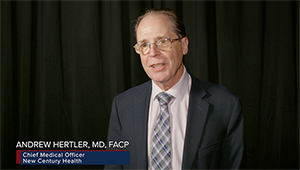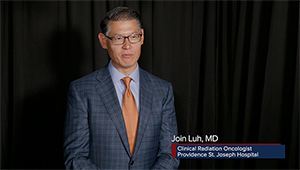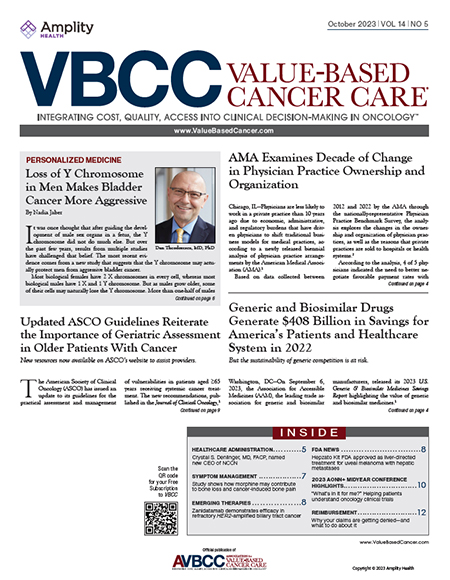Although The Unequal Burden of Cancer: An Assessment of NIH Research and Programs for Ethnic Minorities and the Medically Underserved was published in 1999 and Z-codes were added to the International Classification of Diseases codes in 2015, social determinants of health were barely considered prior to the COVID-19 pandemic. In this panel, Kathy Oubre, MS, Pontchartrain Cancer Center, and Karen Winkfield, MD, PhD, Meharry-Vanderbilt Alliance, discuss the importance of recognizing social determinants of health, practicing precision, patient-centered medicine, and engaging communities in healthcare.
“Value-based care, obviously that’s the name of this particular conference…value from whose perspective,” asked Dr. Winkfield. “Is it from the payer’s perspective? Is it from the provider’s perspective? And whose perspective should it be from?”
Dr. Winkfield then went on to discuss the importance of involving community in healthcare, stating that 60%-80% of patient outcomes are driven by social determinants of health, which happen before patients even enter the medical system. She also raised the question of who should be paying for value-based care, citing that our outcomes are not representative of the fact that we spend more per capita on healthcare than any other nation. Dr. Winkfield then engaged the audience in a conversation about promising practices that might provide solutions for providing care from prevention to end of life.
Ideas about the importance of providers establishing trust with patients, creating patient navigator programs made up of lay people from the community who are familiar with community resources, empowering individuals and caregivers, and engaging all stakeholders in brainstorming creative solutions were all discussed. Dr. Winkfield also suggested that pharmaceutical companies could play a role by engaging patients through community involvement and inviting patients to be included in creating clinical trials.
On a final note, Dr. Winkfield referred participants to look at an article she and her colleagues published in 2021 called Development of an Actionable Framework to Address Cancer Care Disparities in Medically Underserved Populations in the United States: Expert Roundtable Recommendations.
“There’s a way to do this,” said Dr. Winkfield. “This is not rocket science. We just need to have the will and we need to come together and say how are we going to work and do this collectively.”




